Muammar Gaddafi, the enigmatic ruler of Libya, stands as a pivotal figure in the annals of global politics, leaving an indelible mark on the latter half of the 20th century and beyond. Rising to power in 1969, Gaddafi held sway over Libya for an impressive span of 42 years, during which his leadership journey traversed remarkable highs and profound lows. From his initial portrayal as a revolutionary luminary to his eventual ostracism on the international stage, Gaddafi’s tenure epitomized a saga of unparalleled complexity and intrigue.
Muammar Gaddafi was Born in 1942 into a Bedouin family in the Libyan Desert, Gaddafi’s early years were steeped in tales of his nation’s struggle against Italian colonization—a narrative that would profoundly shape his revolutionary ethos. Against the backdrop of post-World War II geopolitical shifts, Libya transitioned from colonial rule to monarchy under King Idris I, aligning itself closely with Western interests, particularly those of the United Kingdom.
However, beneath the veneer of newfound prosperity driven by oil discoveries, simmered discontent fueled by inequities perpetuated by foreign dominance. It was within this milieu that Gaddafi’s revolutionary fervor found fertile ground, spurred by the ideals of Arab pride and unity propagated by Egypt’s Gamal Abdel Nasser—a figure whom Gaddafi revered and sought to emulate.
Embarking on his revolutionary odyssey at a tender age, Gaddafi’s activism burgeoned during his formative years, marked by fervent protests against colonial injustices and solidarity with anti-imperialist movements across the globe. His eventual ascension to power in 1969, through a bloodless coup d’état, heralded a seismic shift in Libya’s trajectory, as the monarchy was supplanted by the Libyan Arab Republic under Gaddafi’s stewardship.
Central to Gaddafi’s revolutionary agenda was the emancipation of Libya from foreign influence, epitomized by the renegotiation of oil contracts to secure a fairer share of the nation’s resources—a feat that catapulted Libya into the vanguard of developing nations asserting control over their natural wealth. Despite facing vehement opposition from Western powers, Gaddafi’s resolve remained unyielding, as he championed a vision of Arab socialism predicated on principles of self-reliance and Islamic governance.
Under Gaddafi’s tutelage, Libya underwent a radical transformation, witnessing unprecedented strides in education, healthcare, and infrastructure development. The Great Man-Made River Project, a monumental endeavor aimed at harnessing Libya’s vast desert resources to provide water to its populace, symbolized Gaddafi’s audacious vision for national progress.
However, amid the veneer of progress lurked darker realities—Gaddafi’s regime, notwithstanding its developmental achievements, was marred by allegations of authoritarianism and human rights abuses. Persistent dissent and internal strife, compounded by economic woes precipitated by plummeting oil prices, underscored the fragility of Gaddafi’s rule.
Throughout the 1980s, Libya became a pariah state, ensnared in a web of international intrigue and accusations of state-sponsored terrorism. Gaddafi’s confrontations with Western powers, epitomized by clashes with the Reagan administration, further isolated Libya on the global stage, exacerbating internal dissent and fueling opposition movements.
Gaddafi’s Ambitions and Challenges
One of the central themes of Gaddafi’s political agenda was his fervent advocacy for Arab unity and African solidarity. Throughout his tenure, he pursued policies aimed at challenging Western dominance in the region and championing the cause of anti-imperialism. However, his efforts often met with mixed results, as evidenced by his rocky relationships with neighboring countries and international powers.
Conflict and Controversy
Gaddafi’s foreign policy was marked by both cooperation and confrontation. He sought alliances with like-minded revolutionary movements across Africa and the Middle East, providing support to groups such as the Palestine Liberation Organization (PLO) and the African National Congress (ANC). Yet, his backing of insurgent forces and alleged involvement in terrorist activities strained relations with Western nations, particularly the United States and the United Kingdom.
Tensions with the West
The peak of Gaddafi’s antagonistic relationship with the West came during the 1980s, epitomized by confrontations such as the bombing of Pan Am Flight 103 over Lockerbie in 1988. Accusations of state-sponsored terrorism and subversion further fueled hostilities, leading to economic sanctions and diplomatic isolation. Despite occasional attempts at rapprochement, including gestures towards dismantling Libya’s weapons programs, mistrust between Gaddafi and Western powers persisted.
Rise and Fall of a Dictator
Gaddafi’s grip on power began to unravel with the onset of the Arab Spring in 2011. Protests erupted across Libya, fueled by grievances over authoritarian rule and economic disparities. The subsequent civil war, compounded by international intervention authorized by the United Nations, culminated in Gaddafi’s demise. His capture and subsequent death marked the end of an era, leaving Libya in a state of turmoil and uncertainty.
Legacy and Lessons
The legacy of Muammar Gaddafi is a complex tapestry of ambition, controversy, and tragedy. While he envisioned a united and prosperous Africa, his authoritarian rule and erratic policies ultimately led to his downfall. The case of Gaddafi serves as a cautionary tale of the perils of unchecked power and the challenges of navigating geopolitics in a rapidly changing world.
Conclusion
In retrospect, Muammar Gaddafi’s legacy defies simple categorization. His reign was characterized by grand ambitions, geopolitical maneuvering, and ideological fervor, yet marred by repression, violence, and international isolation. As Libya continues to grapple with the aftermath of his rule, the lessons learned from Gaddafi’s tumultuous tenure resonate far beyond the borders of his former domain.
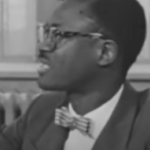
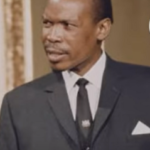
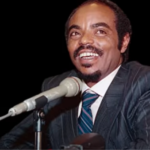

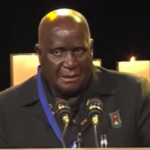
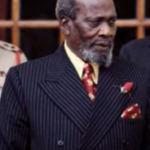
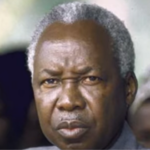
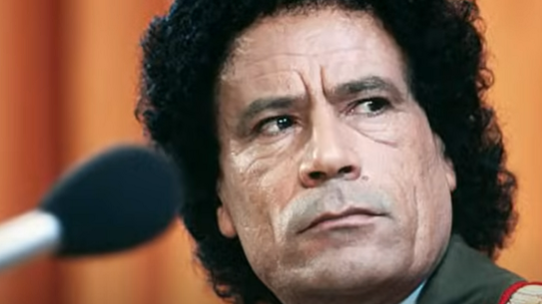
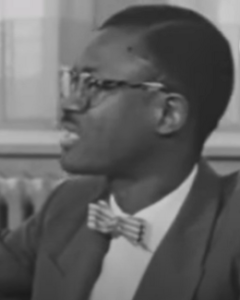
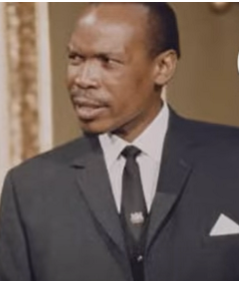
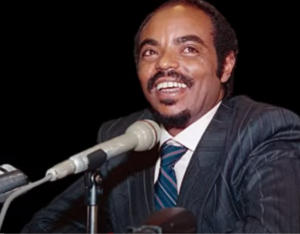

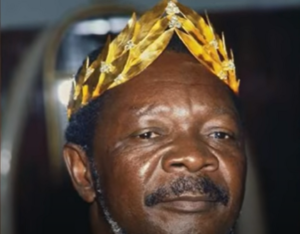
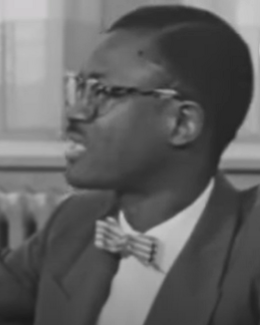
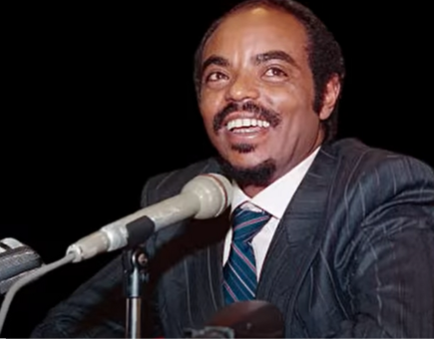

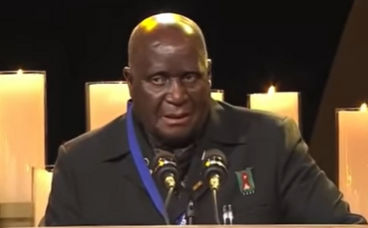
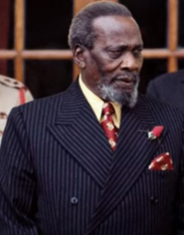
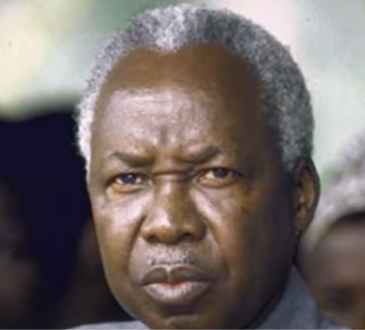
+ There are no comments
Add yours